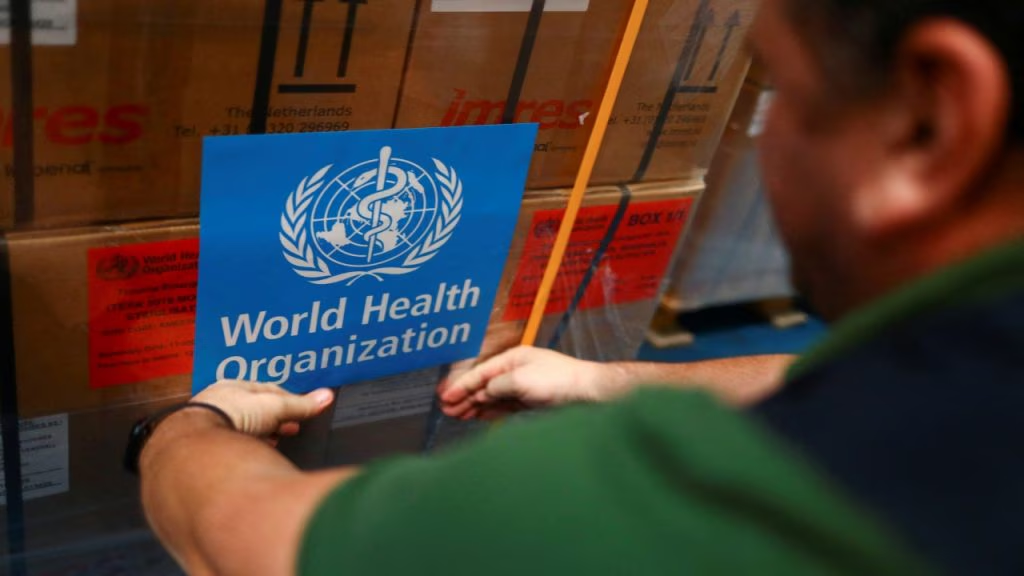The United States has formally rejected a World Health Organization (WHO) agreement aimed at enhancing global pandemic preparedness, citing concerns over national sovereignty, vague language, and expanded powers for the WHO.
In a joint statement released Friday by the Department of State and the Department of Health and Human Services, the Biden administration confirmed it had officially declined to join the legally binding accord, which was adopted in May in Geneva after three years of negotiations among WHO member states.
The agreement is designed to improve global coordination during pandemics and mandates that pharmaceutical manufacturers reserve 20% of vaccines, medicines, and tests for the WHO during health emergencies, ensuring access for low-income countries.
However, U.S. officials criticized the pact as lacking sufficient public input and granting the WHO excessive authority during health crises.
“Developed without adequate public input, these amendments expand the role of the WHO in public health emergencies,” the statement read, further warning that the pact risks prioritizing political ideals such as “solidarity” over effective action.
The rejection comes amid a wider shift in U.S. global health policy. American negotiators had pulled out of discussions after President Donald Trump initiated the country’s withdrawal from the WHO upon taking office in January. As a result, the U.S.—historically the WHO’s largest financial contributor—is not bound by the new agreement.
The joint statement was signed by Secretary of State Marco Rubio and Secretary of Health and Human Services Robert F. Kennedy Jr., both of whom have been vocal about preserving national control over public health policy.
The move is likely to intensify debate over the future of global pandemic response frameworks and the role of international organizations in shaping public health decisions.



